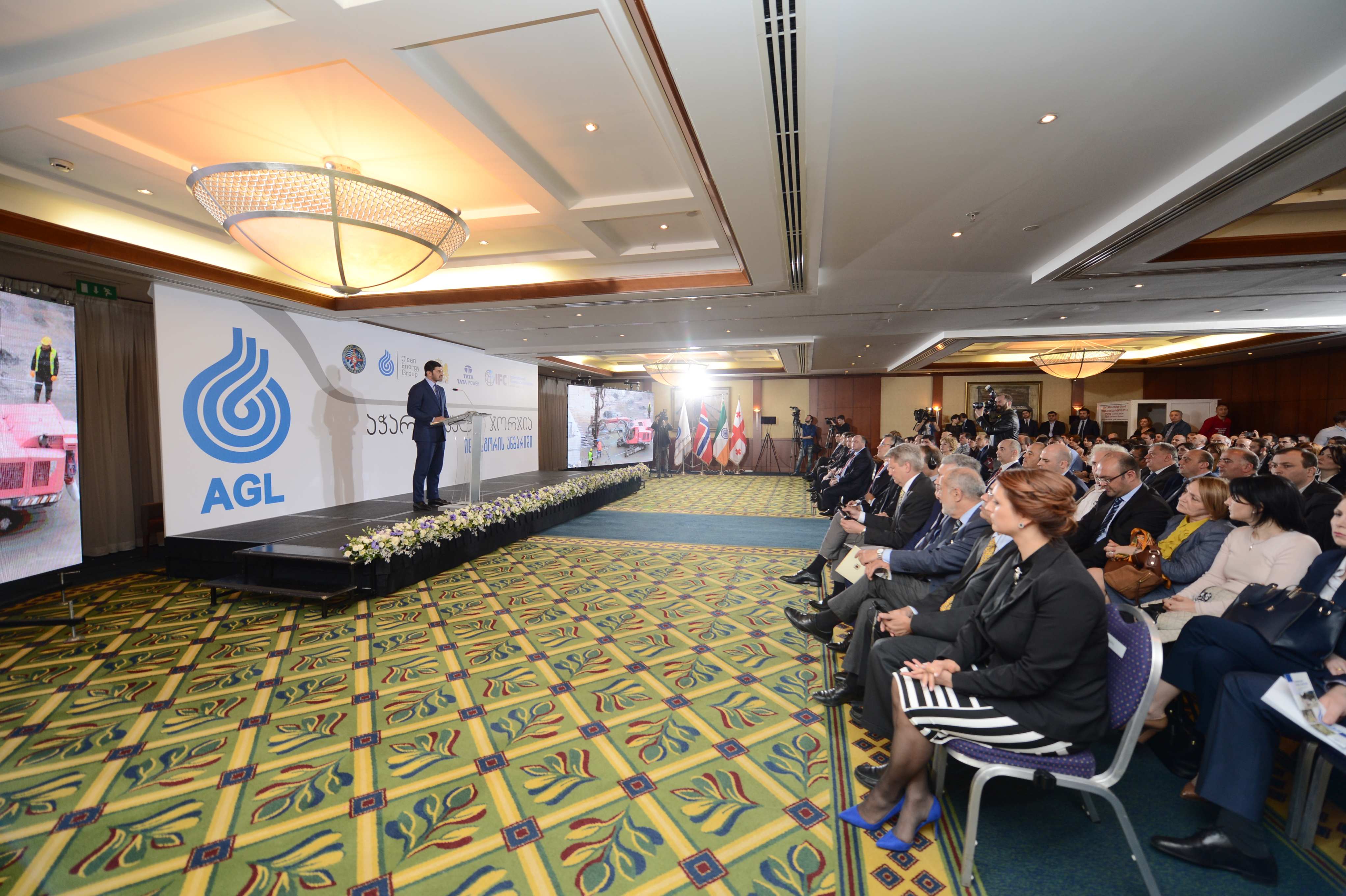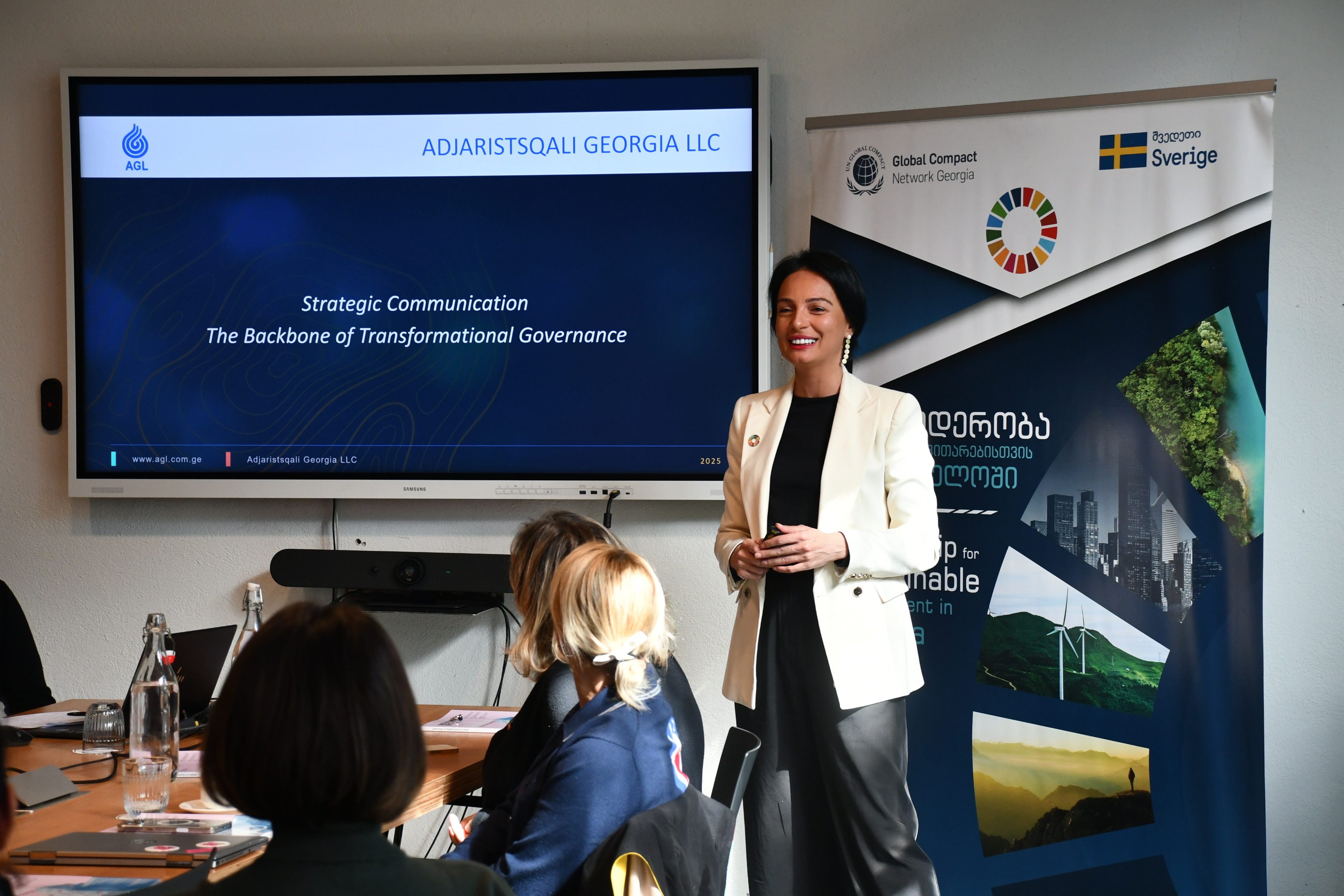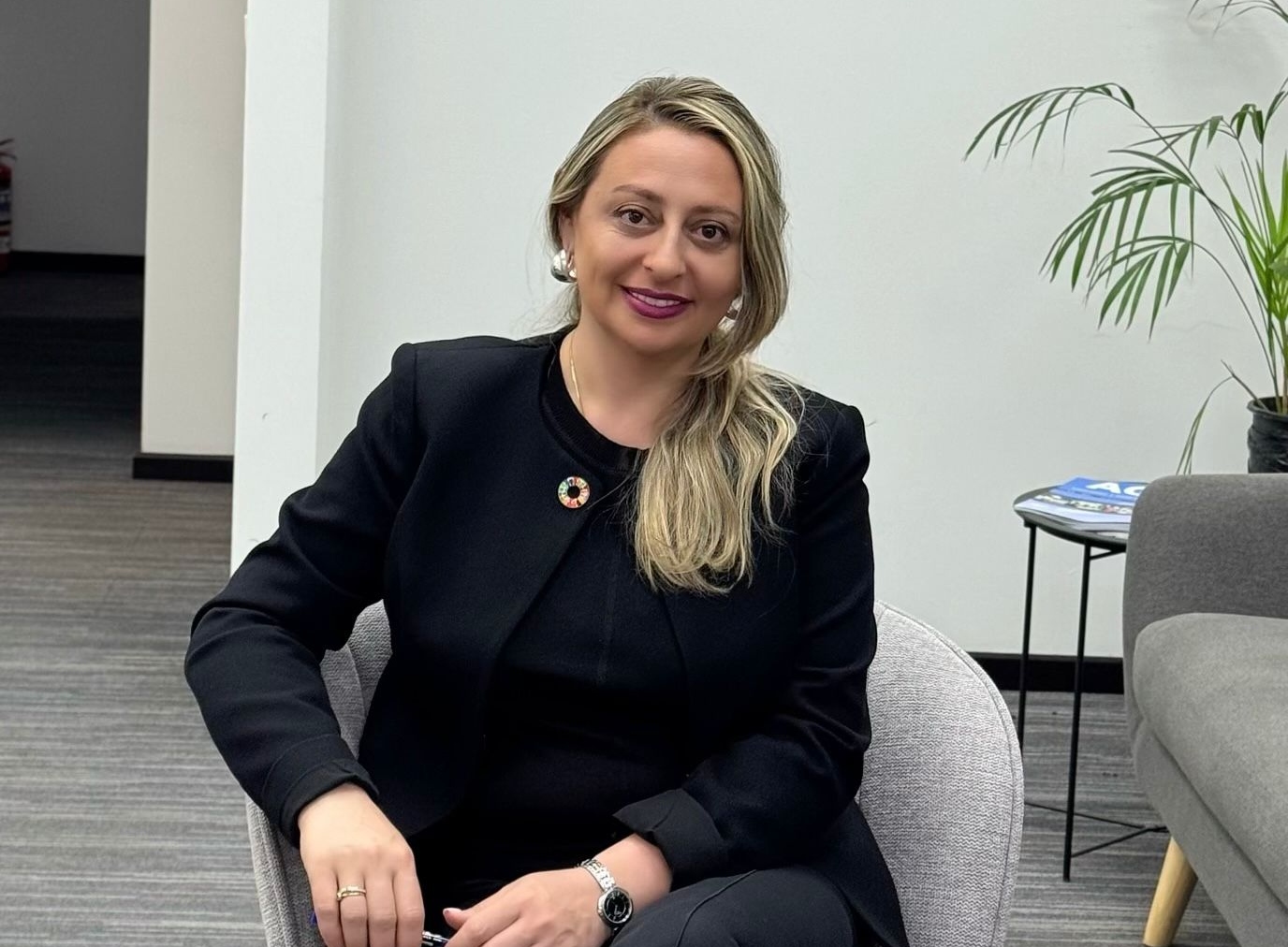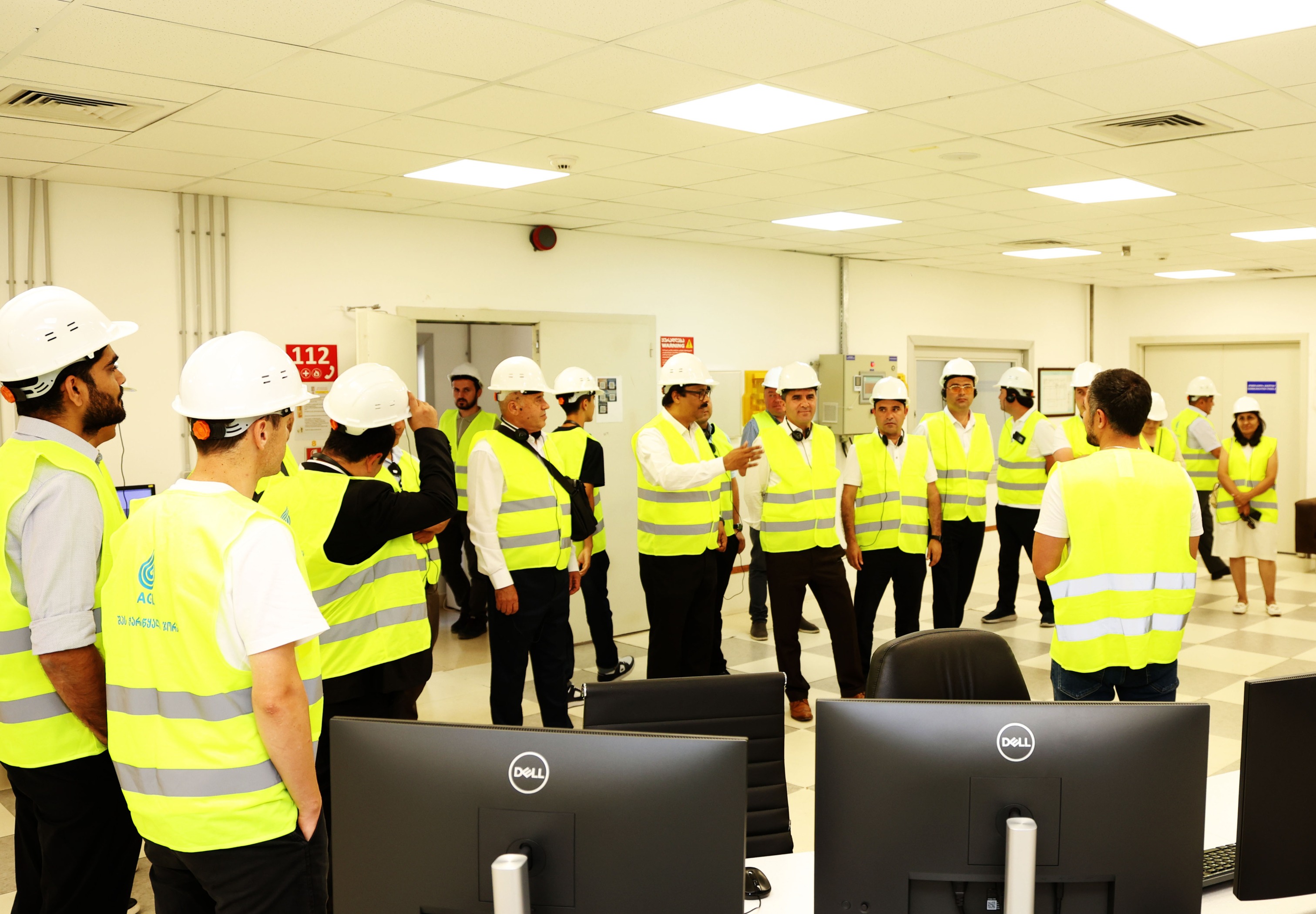News

Largest Investor’s Public Report
On 8 April, Vice Prime Minister and Minister of Energy Kakha Kaladze, Vice Prime Minister and Minister of Economy and Sustainable Development Dimitri Kumsishvili, Minister of Regional Development and Infrastructure Nodar Javakjishvili, Minister of Finance Nodar Khaduri, and Minister of Environment and Natural Resources Giga Agulashvili attended a report by Adjaristsqali Georgia LLC (AGL), the country’s largest investor. The event was also attended by representatives of international finance institutions (IFC, EBRD, ADB,) and experts working in the energy sector.
This event was jointly organized by the Ministry of Energy and Adjaristsqali Georgia.
Speeches were delivered by the Vice Prime Minister and Minister of Energy Kakha Kaladze, Chairman of Advisor’s Board of Adjaristsqali Georgia Kyrre Olaf Johansen, and the company’s CEO Ronny Solberg.
AGL is implementing one of the largest infrastructure investments in Georgia, the Shuakhevi Hydro Power Plant (HPP) project. AGL is a joint venture between India’s Tata Power and Norway’s Clean Energy Invest (40 percent each), and IFC, a member of the World Bank Group (20 percent). AGL is investing a total of USD 416 million and employing 730 Georgian citizens on this project.
AGL has already finished 75% of construction and will complete the project by the end of the year. Hydropower generation will start functioning in the spring with a power station capable of generating 187 MW of clean energy for domestic and foreign consumption. This will contribute to the Georgia’s effort to achieve energy independence and increase its export capacity.
AGL’s activities are not limited to the construction of a hydropower station in highland Adjara. Driven by a deep sense of social responsibility, the company is also supporting the economic and social development of the Adjara region and improving the of living standards of those living within the project area. AGL’s social responsibility efforts focus on three main areas: education and awareness raising, community empowerment, andinfrastructure projects.
By the time the project is completed, the company will have contributed millions of laris to local municipal budgets through a 10% profit tax. Local governments will use this money to improve the living conditions of the people living in the Adjara region
AGL is committed to protecting the environment in the project area both during construction and after commissioning, and they are implementing mitigation and compensation measures to minimize its impact. AGL constantly strives to comply with all relevant Georgian legislation and, in addition, adhere to the highest international environmental standards and best practices. The project is the first hydropower project in Georgia certified by the United Nations Framework Convention on Climate Change for carbon emission reductions. It is expected to produce about 450 gigawatt hours of power annually and reduce greenhouse gas emissions by more than 200,000 tons per year.
In his speech, Kakha Kaladze stated, “Today we celebrate the implementation one of the largest and most important project in Georgia since gaining our independence. This is an enormous step in the development of our energy sector. Our goal is the rational utilization of energy resources in order to ensure our country’s energy independence. Cooperation with international finance institutions and leading companies is a significant precondition for the development of Georgia’s economy which is closely to the development of the energy sector. As a result of the successful collaboration of EBRD, IFC, ADB, TATA Power and Clean Energy Invest, a USD 416 million investment was made in Georgia’s energy sector. This included an investment in social projects that focused on infrastructural development and raising the level of education and awareness.”
Ronny Solberg, CEO of AGL, said in his address, “We believe that the Shuakhevi Hydro Power Plant will promote the long-term development of upper Adjara. Social responsibility is one of our main priorities, and we are implementing more than 70 social projects in the Project area. We have built roads and water systems, rehabilitated schools and kindergartens, and carried out a variety of educational programs for local students and teachers. I am particularly proud of our initiative to develop local small business by providing them with training and financial support. Our goal as a company isn’t just to build a hydro power plant, it is also to strengthen and develop the region where we work.“



